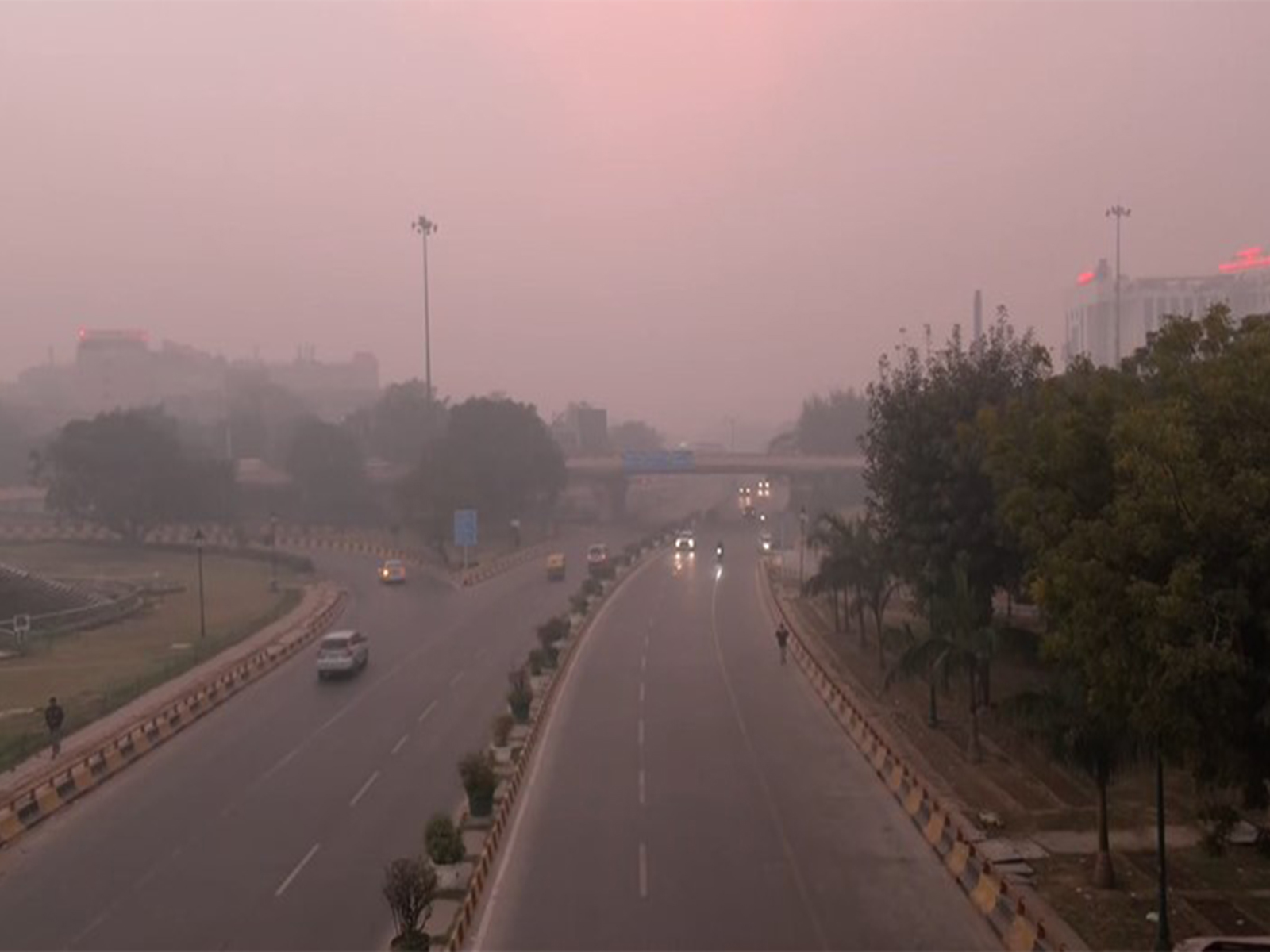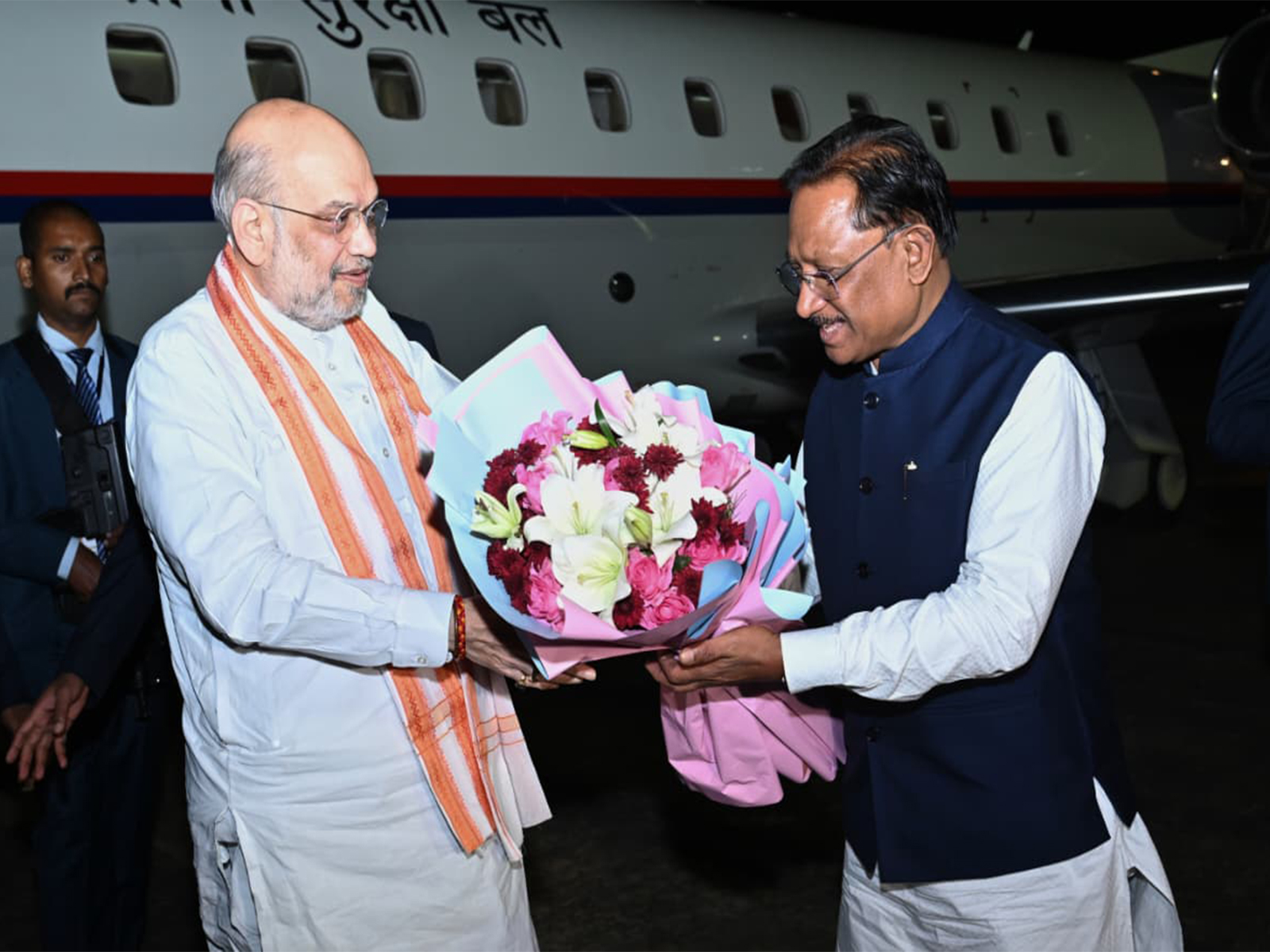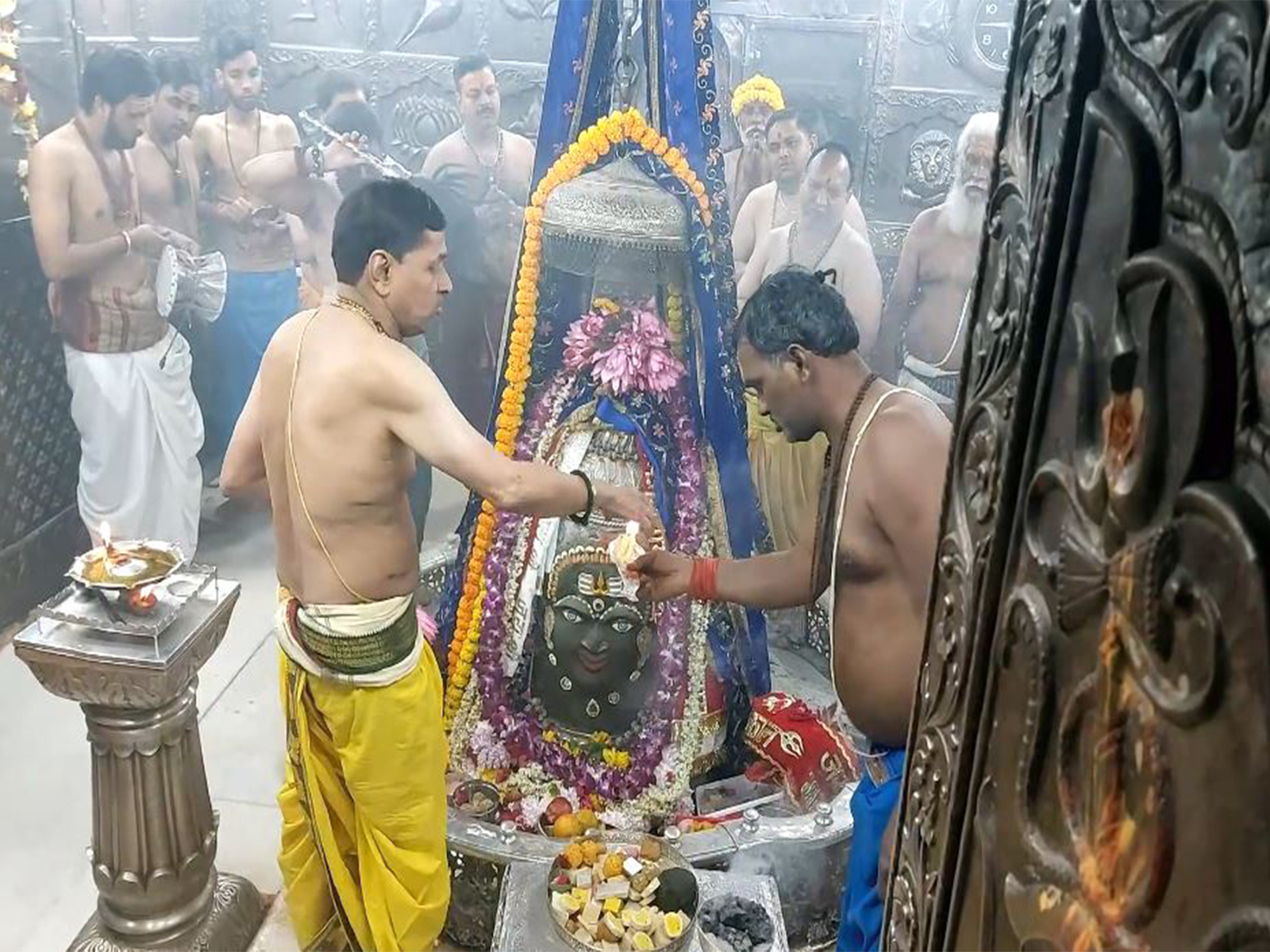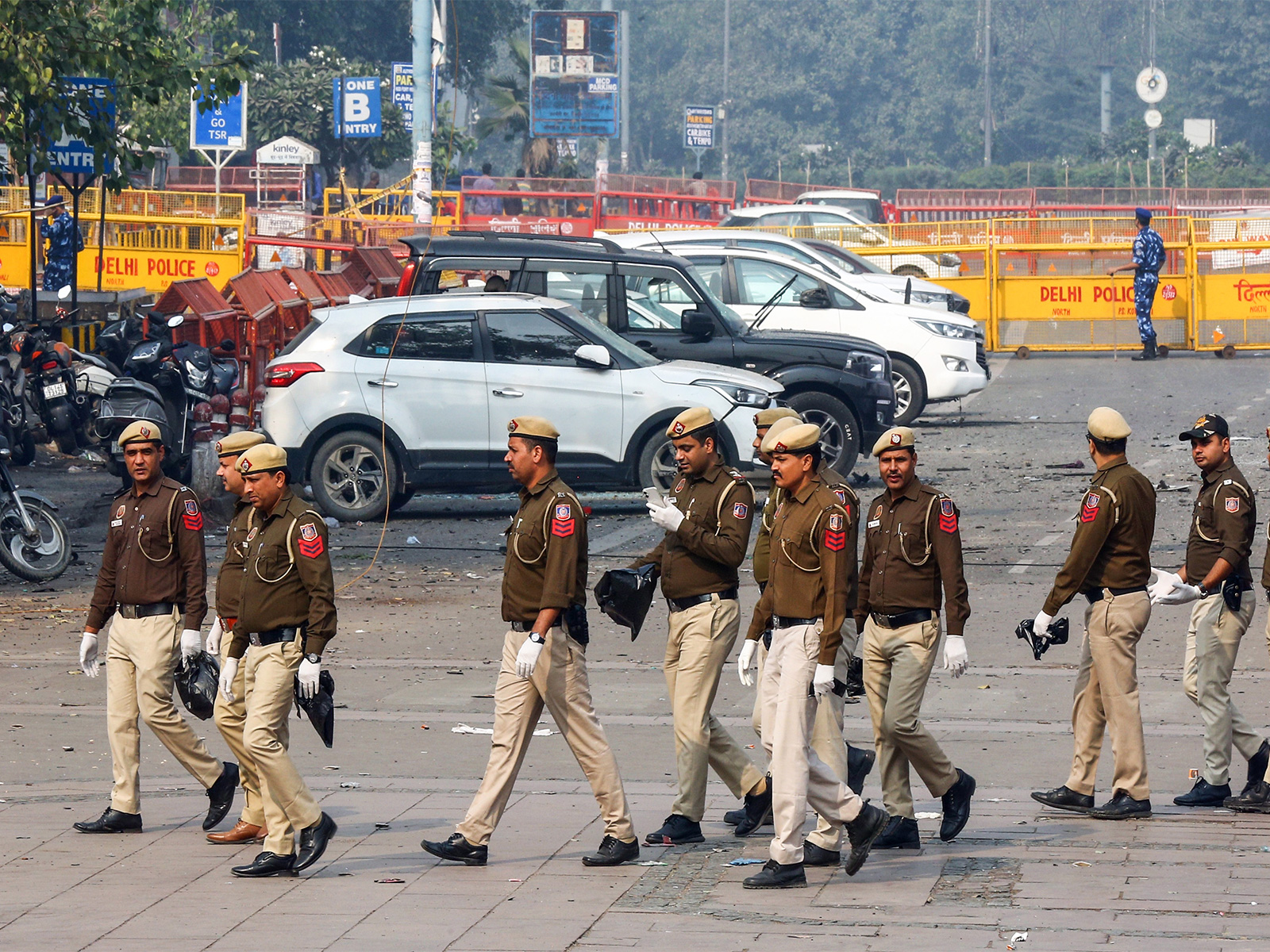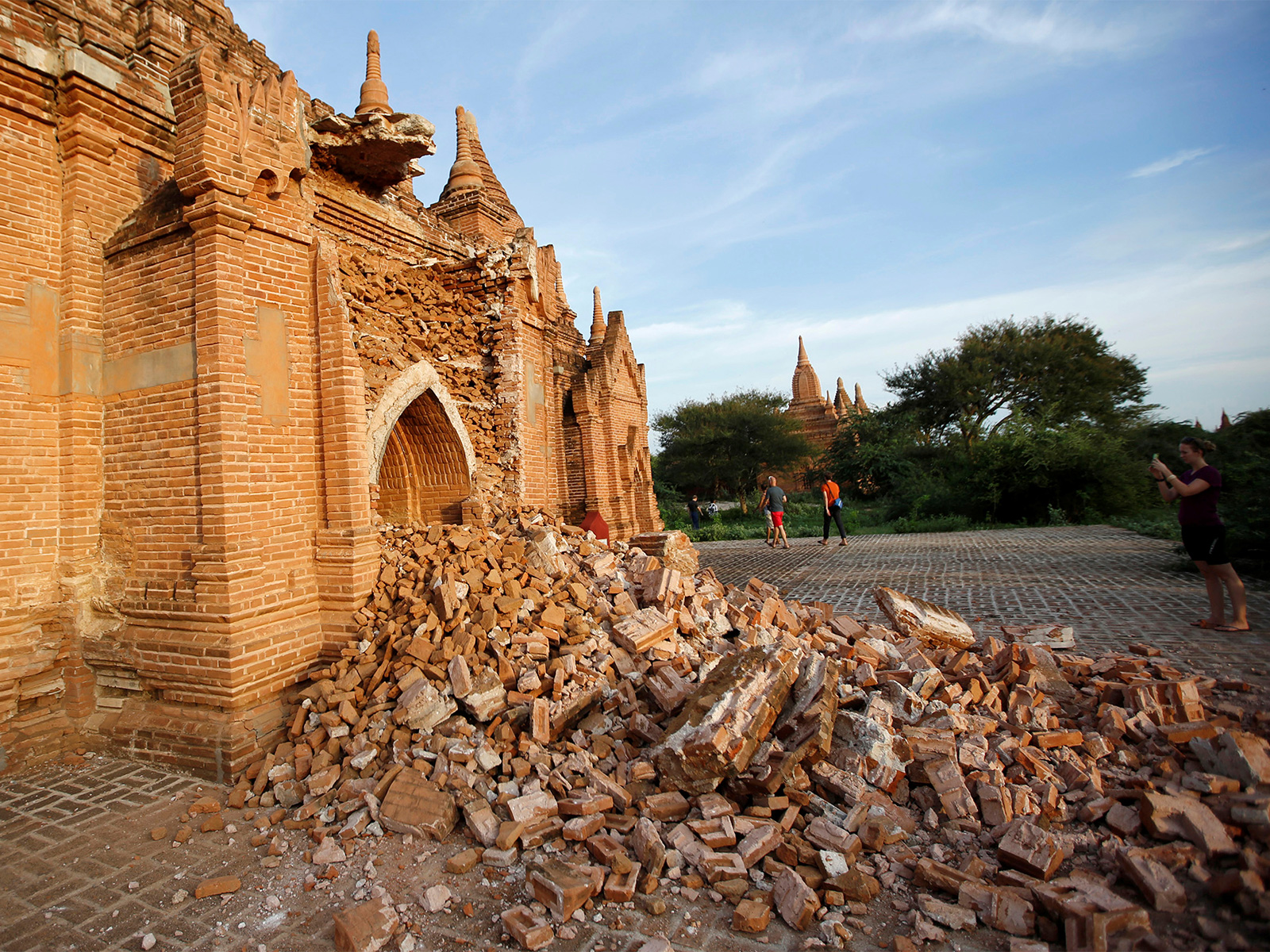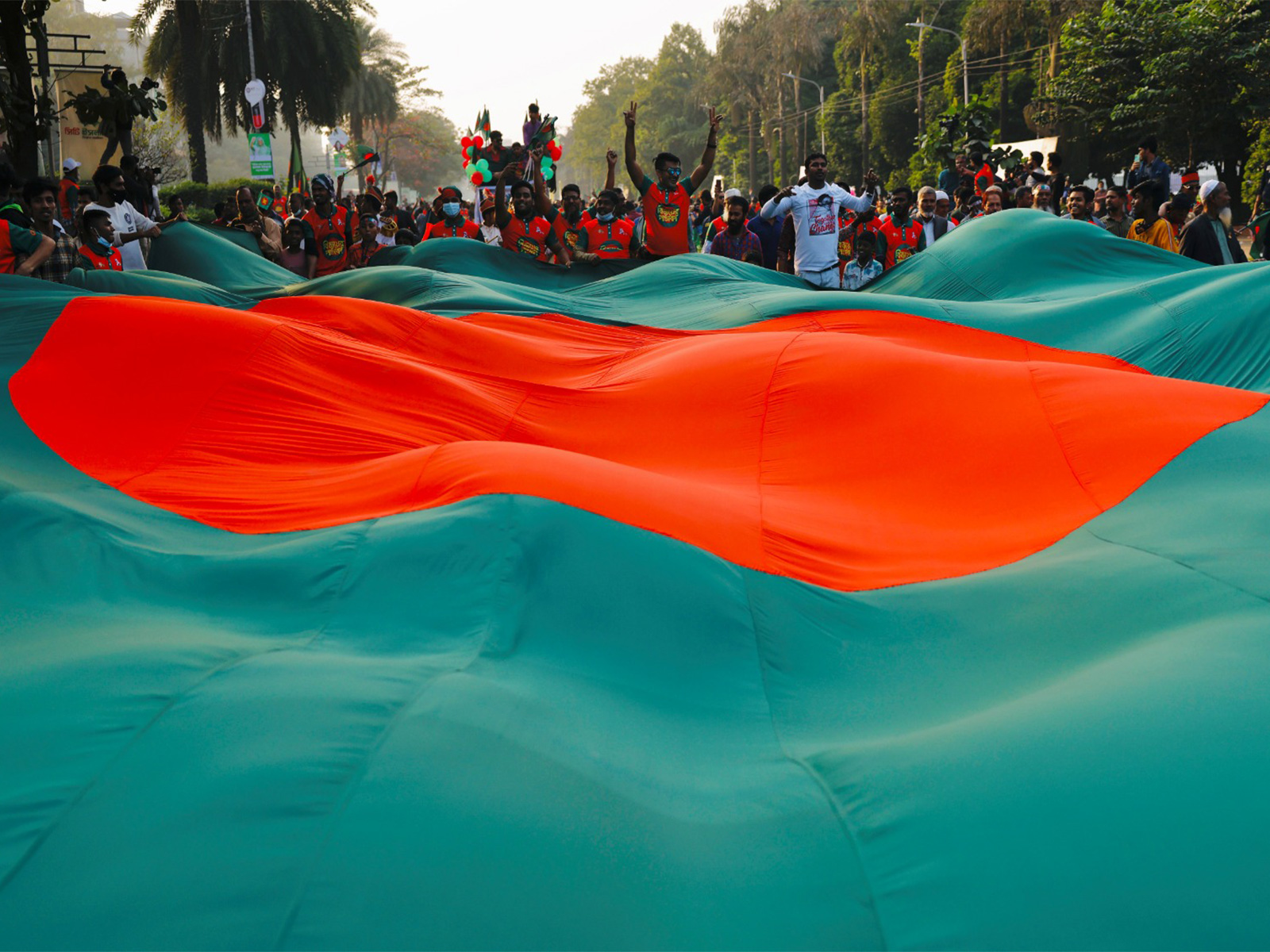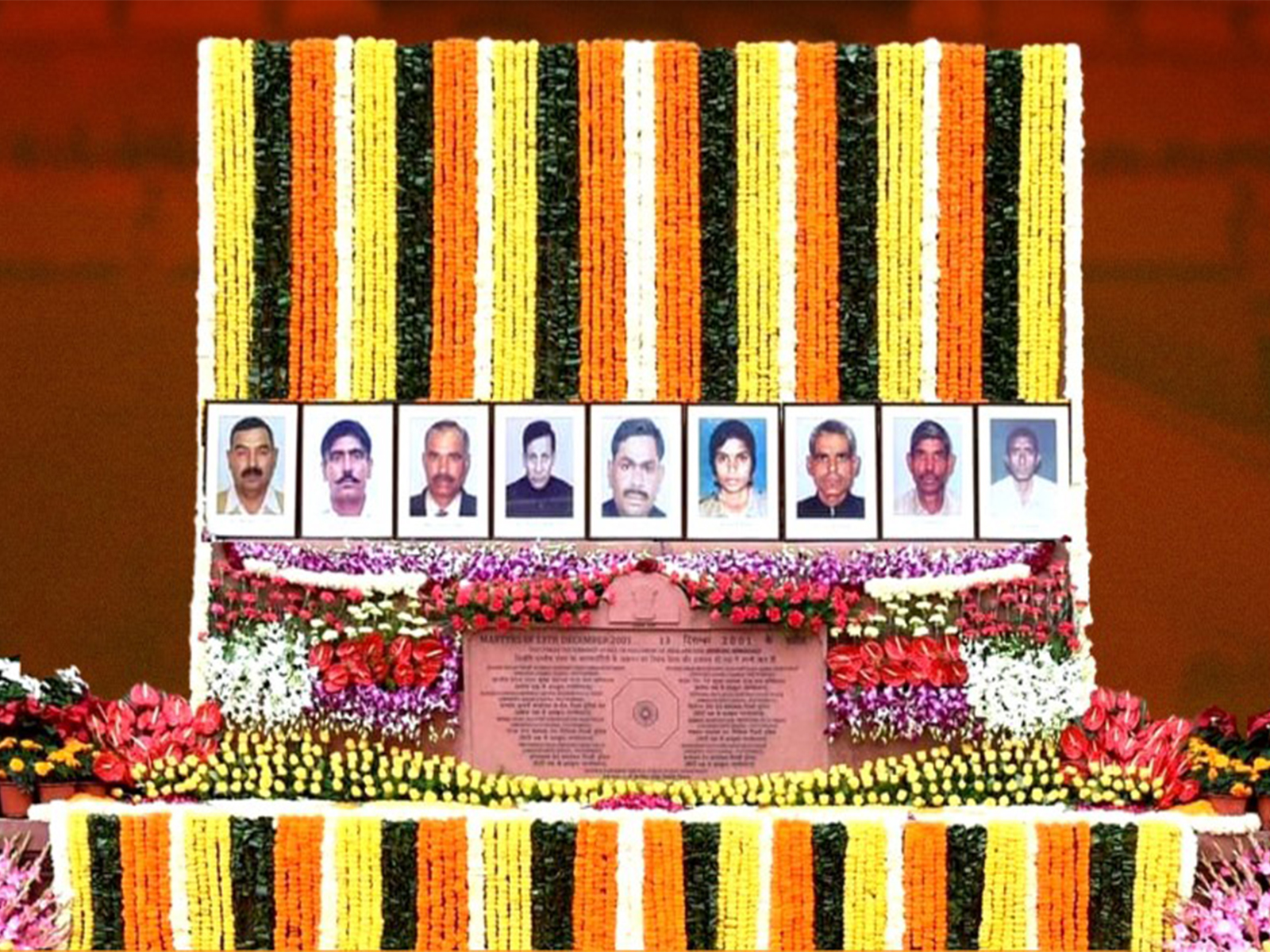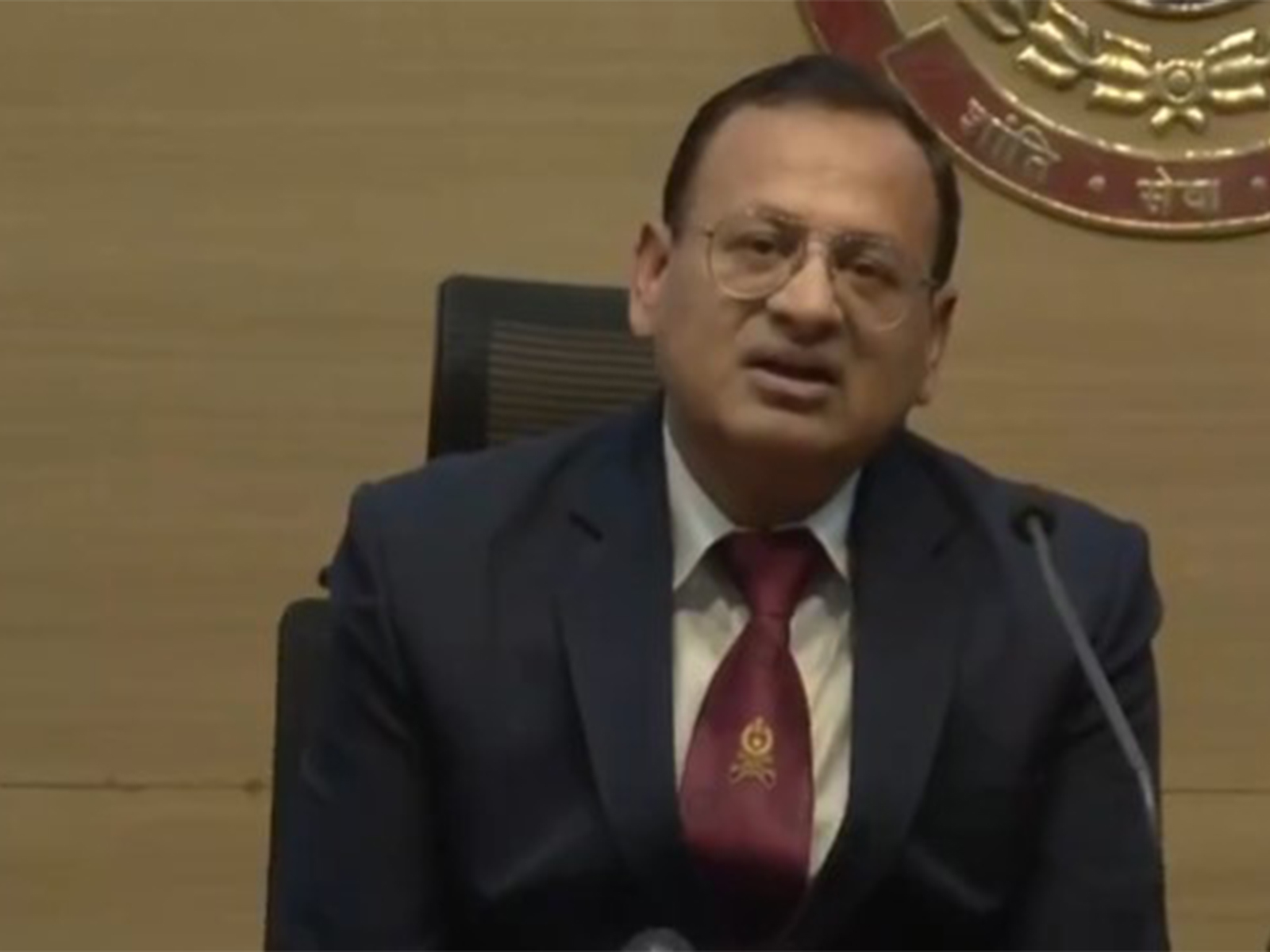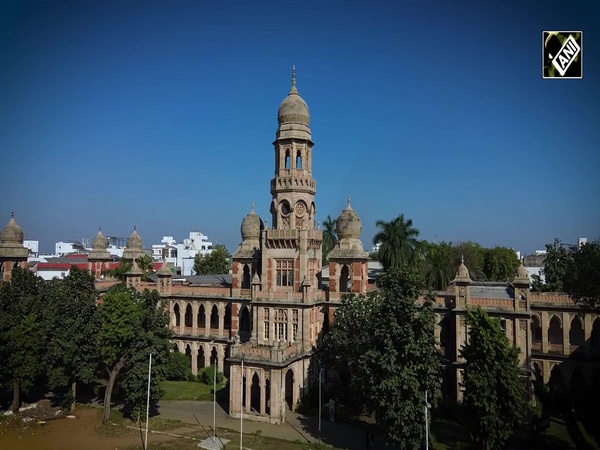Allocation of 100 pc PhD seats to JRF candidates in select centres 'well-considered' policy': JNU tells Delhi HC
Aug 02, 2021

New Delhi [India], August 2 : The Jawaharlal Nehru University (JNU) on Monday through an affidavit filed in Delhi High Court submitted that the allocation of 100 per cent PhD seats to Junior Research Fellowship (JRF) category candidates for the academic year 2021-22 in selected centres in the respondent university is a "well-considered policy" decision made by the highest body of academic experts.
The Student Federation of India's unit in JNU recently had approached Delhi High Court and sought directions to the varsity to reconsider the decision to allocate all PhD seats to JRF category candidates, leaving no seats for the non-JRF category candidates in the academic year 2021-22, in its seven centres.
JNU's affidavit while opposed to the Students' Federation of India (SFI) petition stated that allowing the relief sought by the Petitioner would de-rail the entire admission process of the Respondent and JNU which would cause prejudice to lakhs of other aspiring students to the various courses offered by it.
The Division Bench of Justice DN Patel and Justice Jyoti Singh recently had sought a response from the University and asked its lawyer to file all the details regarding grievances raised in the petition.
The same bench on Monday adjourns the matter for August 20, as the affidavit and counter affidavit files by both parties did not come on record.
The affidavit further stated that the University formulates all its rules and regulations within the framework of the guidelines and regulations formulated by the University Grants Commission (UGC).
Advocate Ashok Aggarwal appearing for the SFI earlier had submitted the shift in admission policy this year in comparison to the previous years is totally "arbitrary, irrational, unreasonable, unjust, opposed to public policy and unconstitutional."
The petition stated that in the previous year's PhD seats in seven centres of Jawaharlal Nehru University were filled up through JRF category candidates as well as an entrance examination for non-JRF candidates.
"But in the current academic year 2021-22, the respondent JNU illegally, arbitrarily, unconstitutionally through its impugned e-prospectus decided to fill-up all (100 per cent) PhD seats through JRF category candidates in seven Centres," stated the petition.
The seven centres are Centre for International Trade and Development; PhD in Human Rights Studies (HRSH); Centre for English Studies; Centre for Indian Languages; Centre for Study of Law; Governance, Special Centre for Systems Medicine and Centre for Women Studies.
The petitioner submitted that JRF is a scholarship examination being held by University Grant Commission (UGC) as the UGC NET-JRF examination twice every year that makes JRF qualified candidates eligible for teaching as well as availing scholarship from UGC.
The petition said that the maximum age for applying for the UGC NET-JRF examination is 30 years with a relaxation of up to five years for reserved category candidates and that JNU allows JRF candidates to apply for PhD seats without the requirement of entrance examination.
"These candidates are dependent upon the entrance examination only but as the entrance examination is not being held by respondent JNU and all seats here have been allotted to JRF candidates, such candidates are left with no option at all to apply for PhD seats in these seven Centres," the plea stated.
